Student-Athlete: Does the latter term deserve more respect?
When mentioning the term Student-Athlete, the emphasis is usually on the “student;” there is a hierarchy of the “student” over the athlete: however perhaps the “athlete” should get more respect.
March 11, 2019
As students at Saint Stephen’s, we are gifted with an incredible liberal arts education, setting us up not only for college but also for life. And like high schools across the country, many of our students participate in extracurricular activities beyond the classroom. These activities can be anything from acting to photography to dance to music. Thus, the term “Student-Athlete” is a useful term for many Falcons. But do both components of the term get the respect they deserve?
The core focus of the students and staff at Saint Stephen’s is to take full advantage of the academics, and that’s understandable, but for many the kids, their extracurricular activities are their passion, their aim in life.
The activities are extremely important to them and take up a tremendous amount of their time. Also, even if the students don’t go pro for their activity, they still may end up having a profession that relates to it.
However, one thing we often find on campus is that students can be completely stressed out trying to balance their activity with their classwork.
Most of the time, the extracurricular activity falls far below academics in terms of importance, which is fine, but in some cases, the activities the students at Saint Stephen’s choose to do deserve more respect.
By respect, I mean that fellow students as well as faculty should have a better understanding of what these kids are going through in times of extreme stress.
The concept of extracurricular activities deserving more attention is in no way, shape, or form, a slight against academics coming first. “Student” does, in all likelihood, belong “above” “athlete” in a college preparatory school.
We, as students, attend Saint Stephen’s to take full advantage of our learning experiences. With that being said, whether it be a regional championship game two hours away, a late night at the school musical, or an extracurricular like swimming in a program, these events hold a very high place in the hearts, minds, and possible the futures of the students here.
In my personal experience, as the captain of the varsity basketball team for the last three years, I know the hardships of trying to balance a schedule made up of practices, games, homework, and assessments, in addition to trying to get the right amount of rest.
The stress of school work and tests definitely weigh heavily on a student, especially in times of supplemental stress caused by their extracurriculars. One shining example is during playoffs, especially for seniors, when the games determine whether the team advances to the next round or the season is over.
One night this year, the basketball team had a district game on the road and I didn’t get home until around 9:45pm. I had a pre-calculus test the next day and let me tell you, it was extremely difficult to focus.
I believe I would have received a higher grade on my test if I didn’t have to put all the energy and focus into that game the night before. I would have been more rested and more prepared.
A keen observer may say, “Then why didn’t you prepare the night before?”
Well, we also a game the night before.
What’s more, the day before that, in class we were still learning new material.
In this case, doing well on the Pre-calc test was a little out of my control.
I know this is just one example from a random basketball player, but with all the students that engage in extracurricular activities, you can imagine how many instances like this occur throughout the year.
Many who don’t participate in sports or other activities may not understand this, or view a district final as just another game, but in reality, they mean so much more than that. There is nothing that hurts a student-athlete more than the realization that you have played your last game as a high school student.
This goes for more than just student-athletes. Student-actors and student-artists feel similar pressure throughout the year.
Sophomore Peter Balos, who is a baseball player and an actor in school productions, said, “The amount of schoolwork does add some pressure to my sports and acting. Balancing everything is tough but I do all of these because they are all things I am passionate about them.”
Balos continued, “During this time of the year, I usually don’t get home until around eight o’clock because of baseball and play practices. That’s around what time I start my homework too, so depending on the day, I’m up really late doing homework.”
Having joined the baseball team this year, I know that practice starts right after school and lasts until about 5:30pm, on average. At 5:30pm, the players then must put up all the equipment.
For Balos, after baseball he heads straight to play practice, which normally doesn’t end until 6:30pm. He then drives home to Parrish, arriving around 7:00pm to shower, eat and do homework. This doesn’t even take into account nights that he has games, which are about twice a week.
Peter is one of many examples of how arts and athletics, at times, do not gain the respect they should have in the classroom.
Like I stated earlier, academics will always come first, but perhaps we can pay a little more attention to extracurricular activities. They definitely deserve our respect.

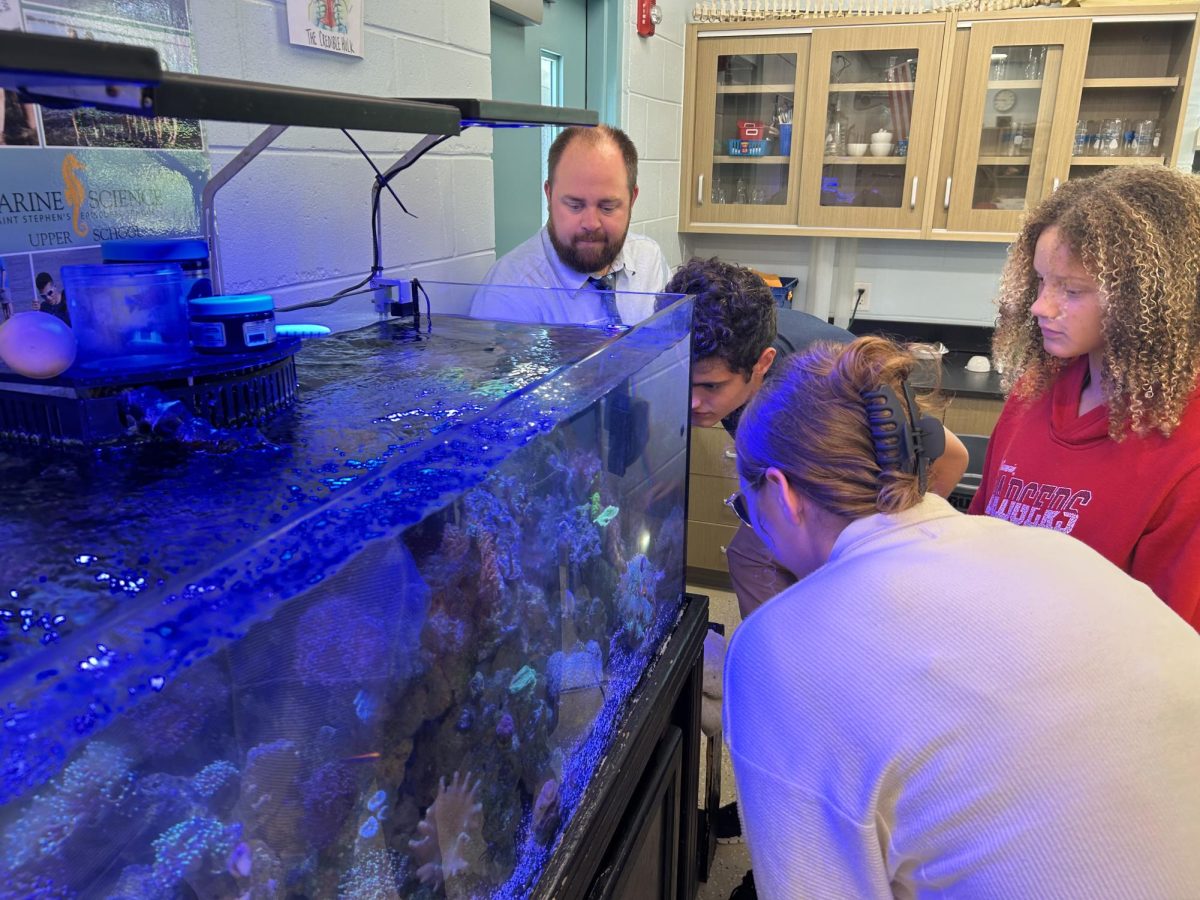
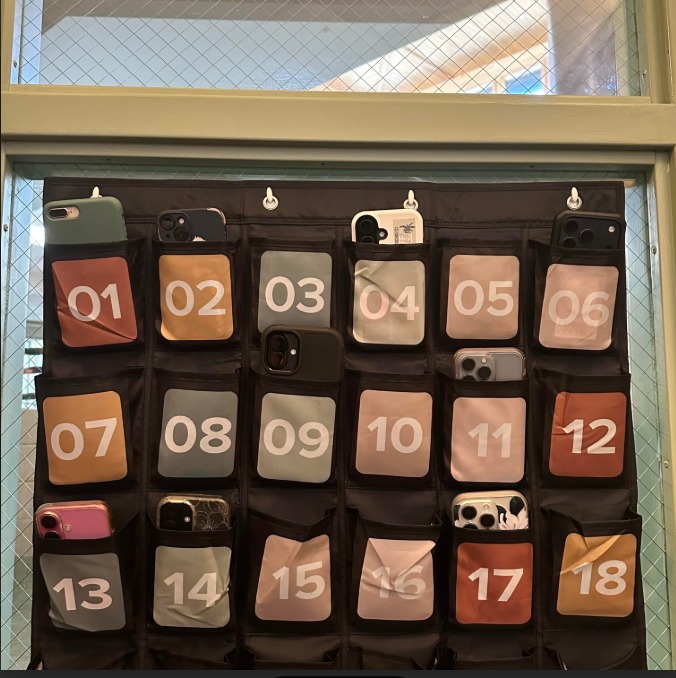
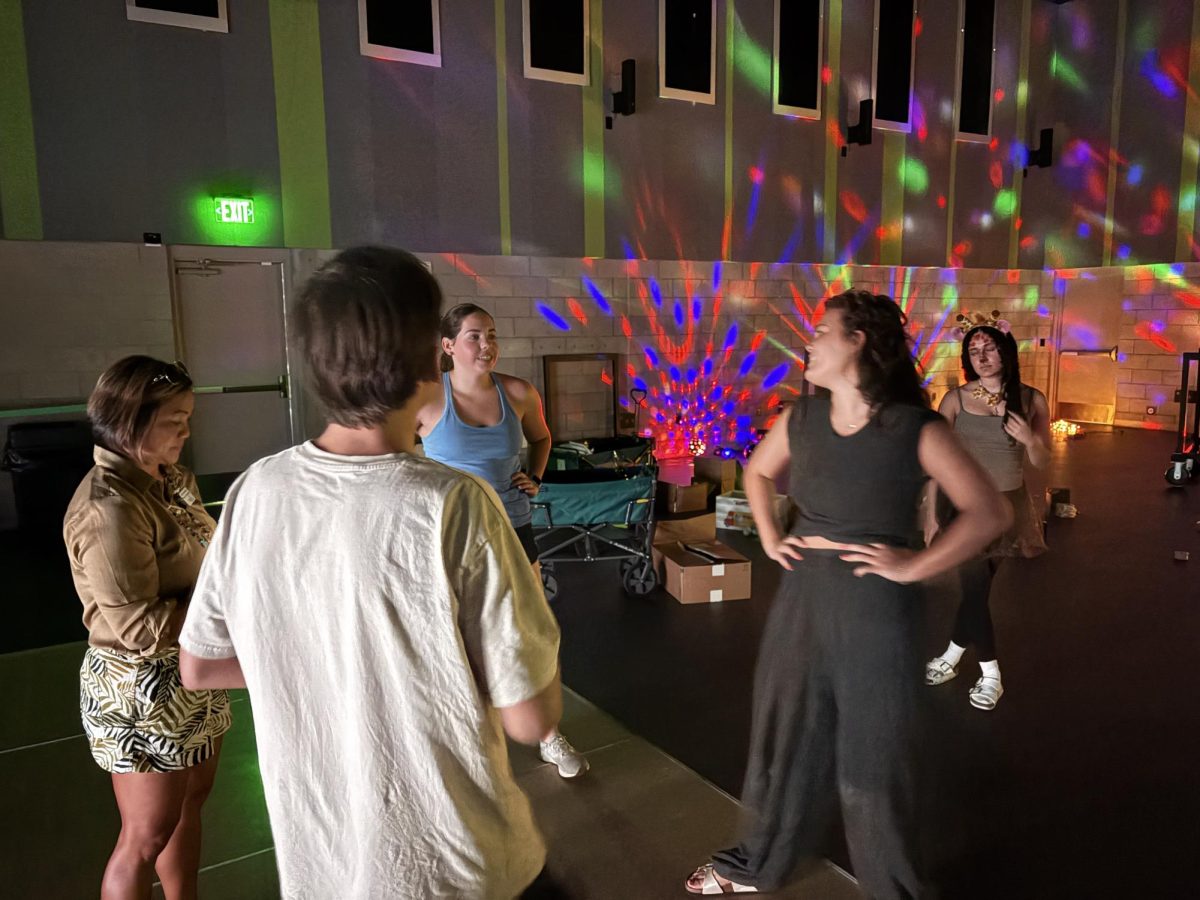
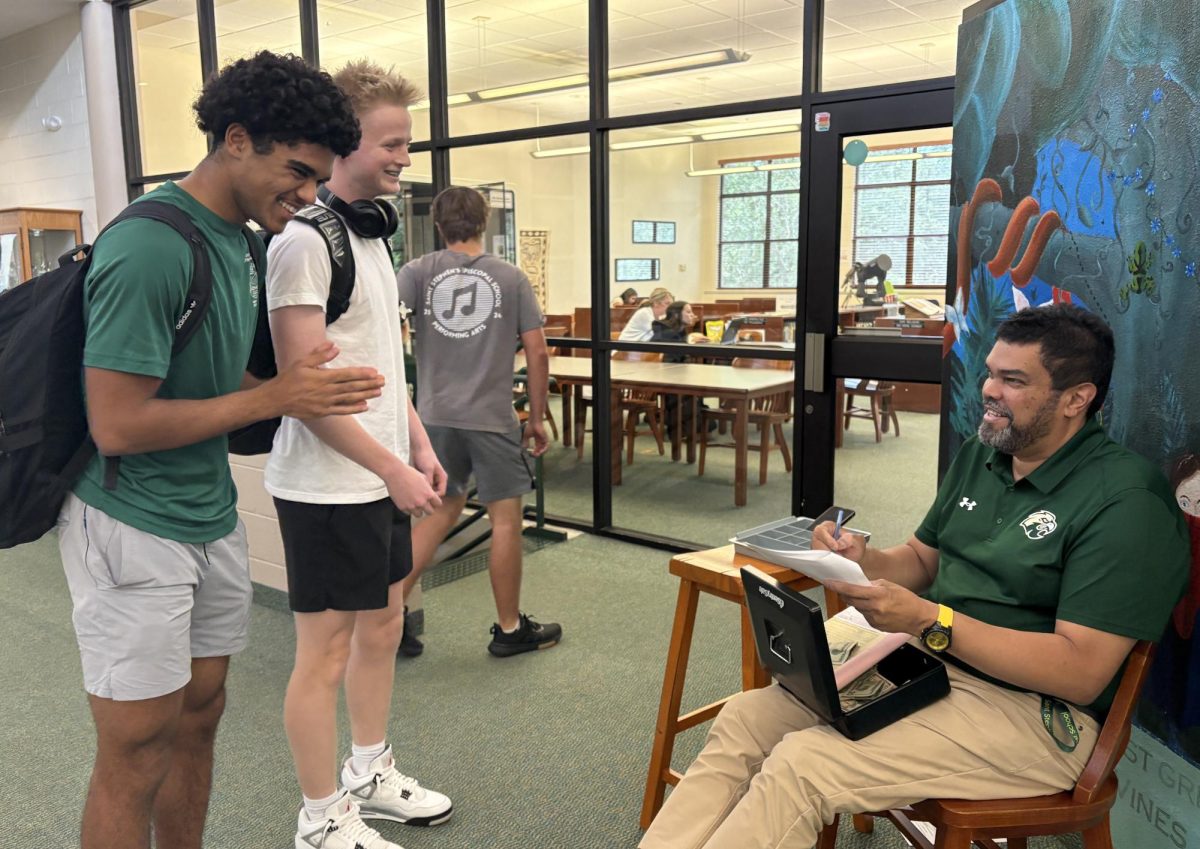
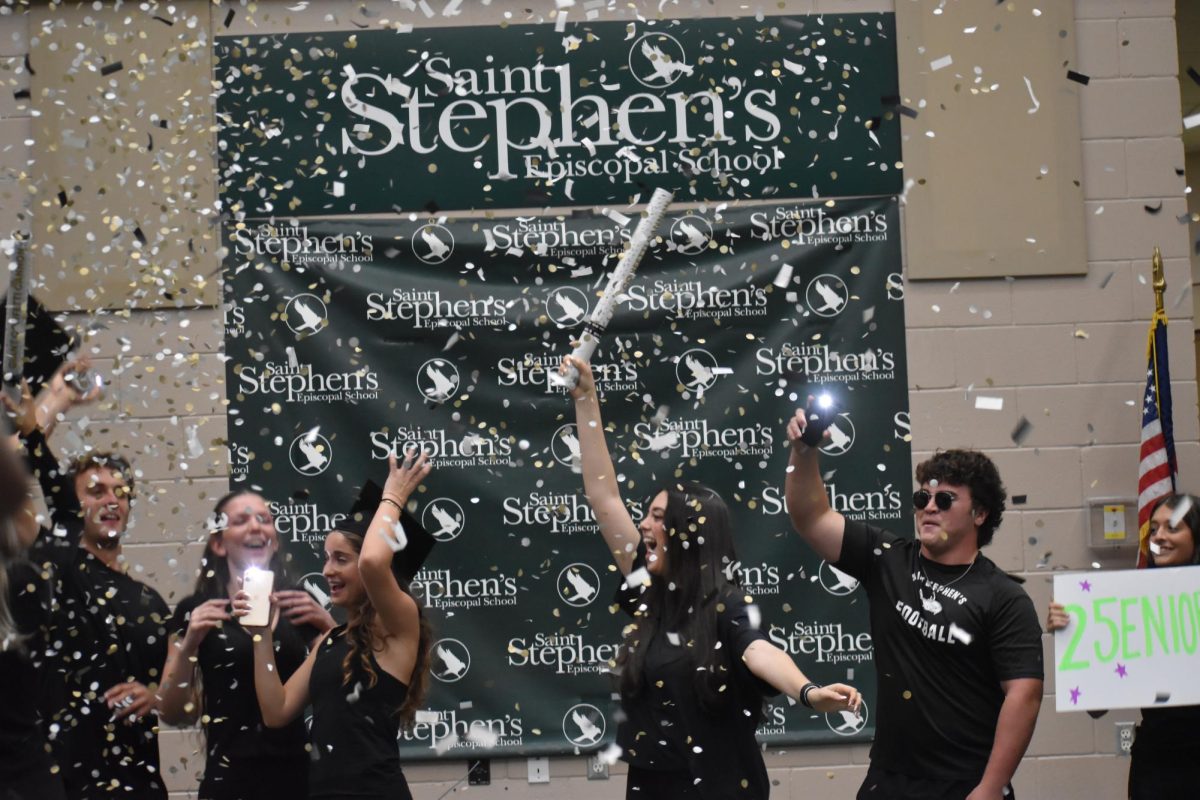
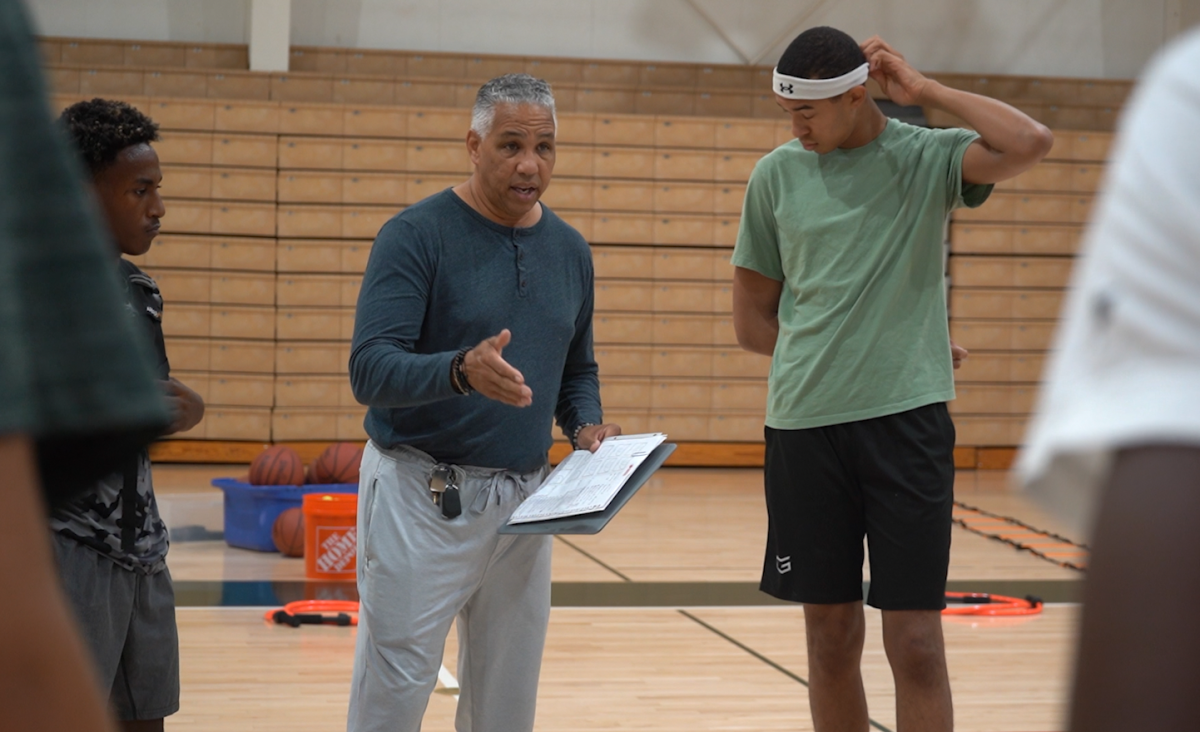

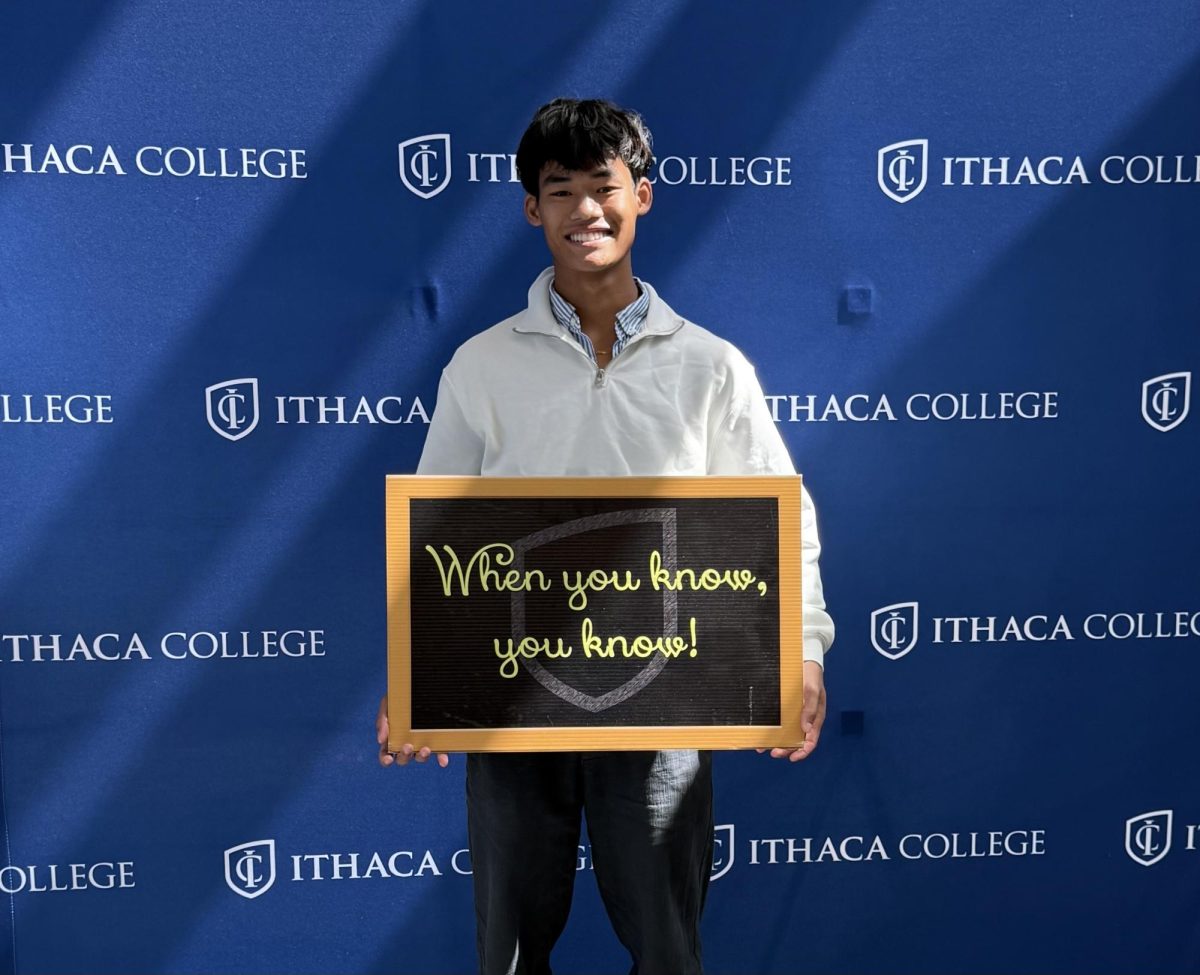


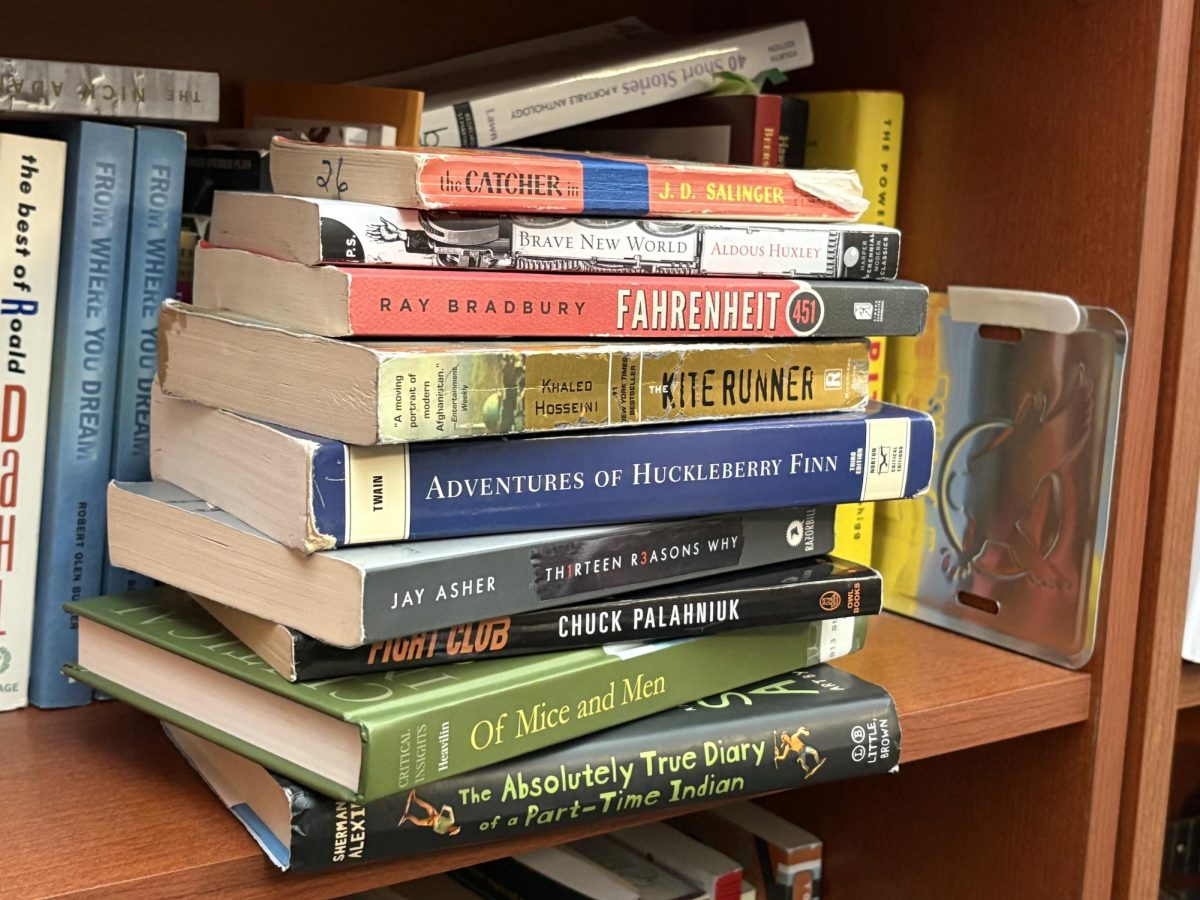
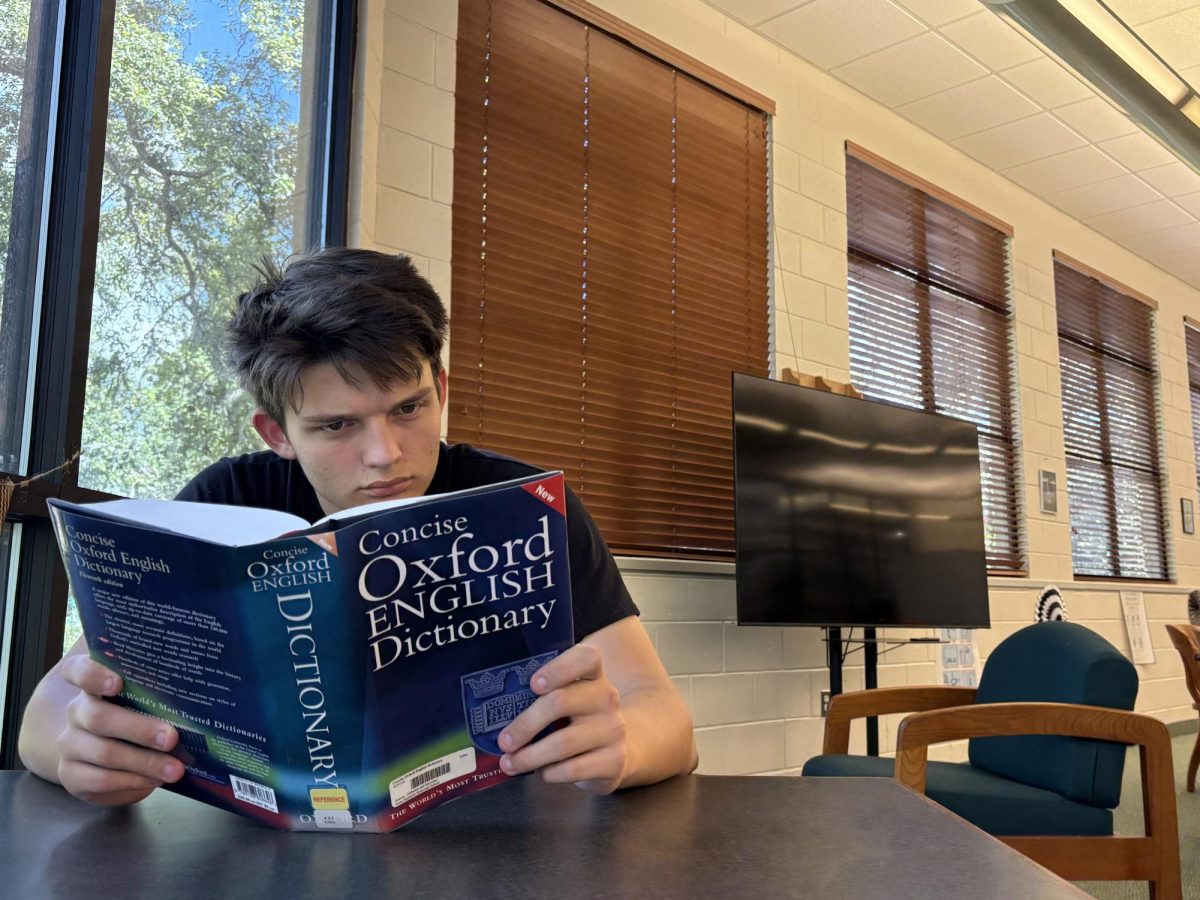

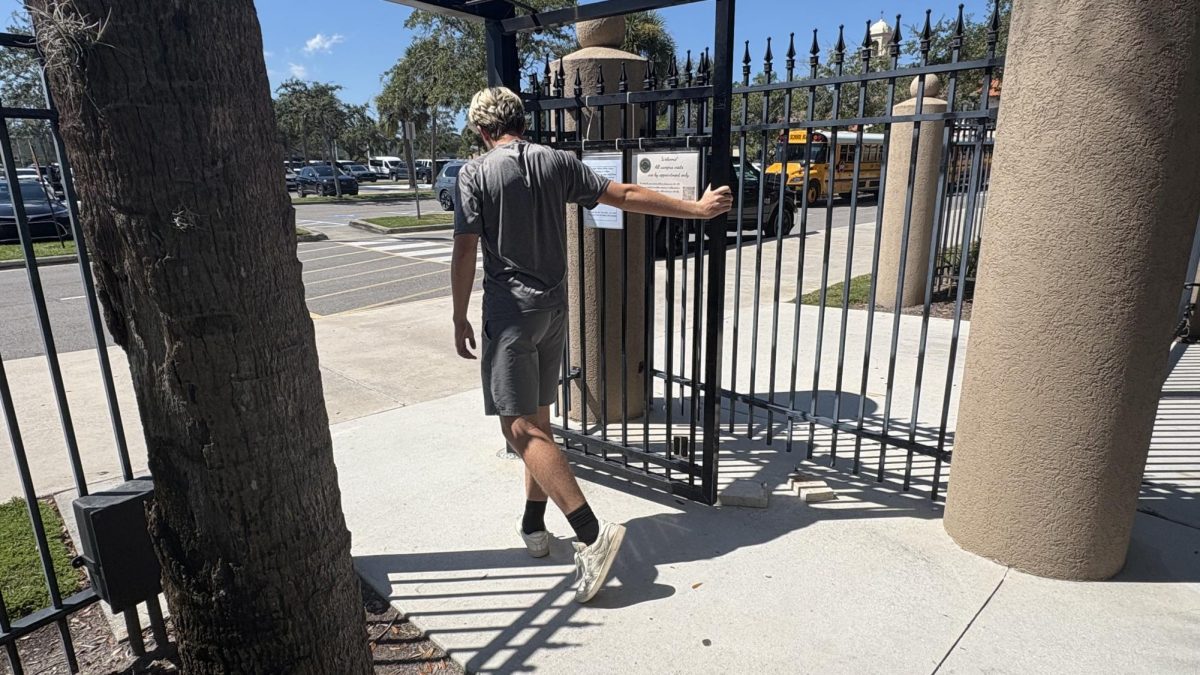

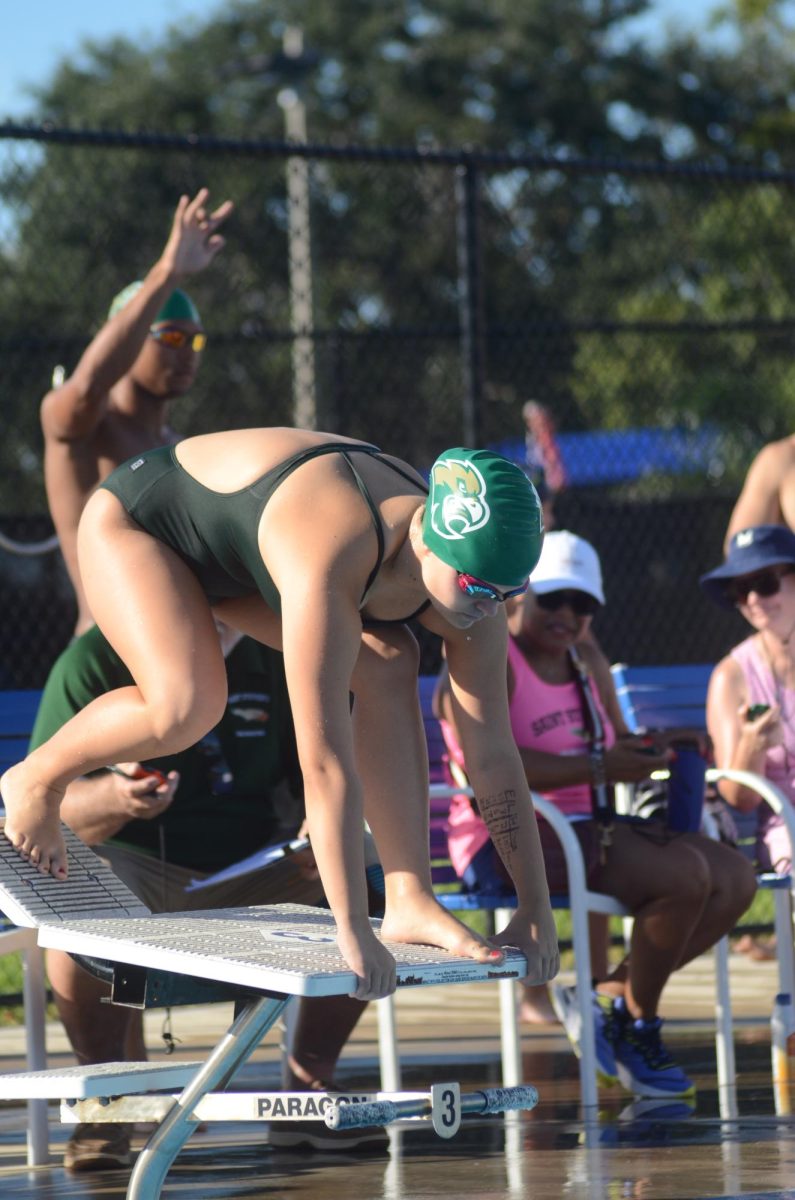
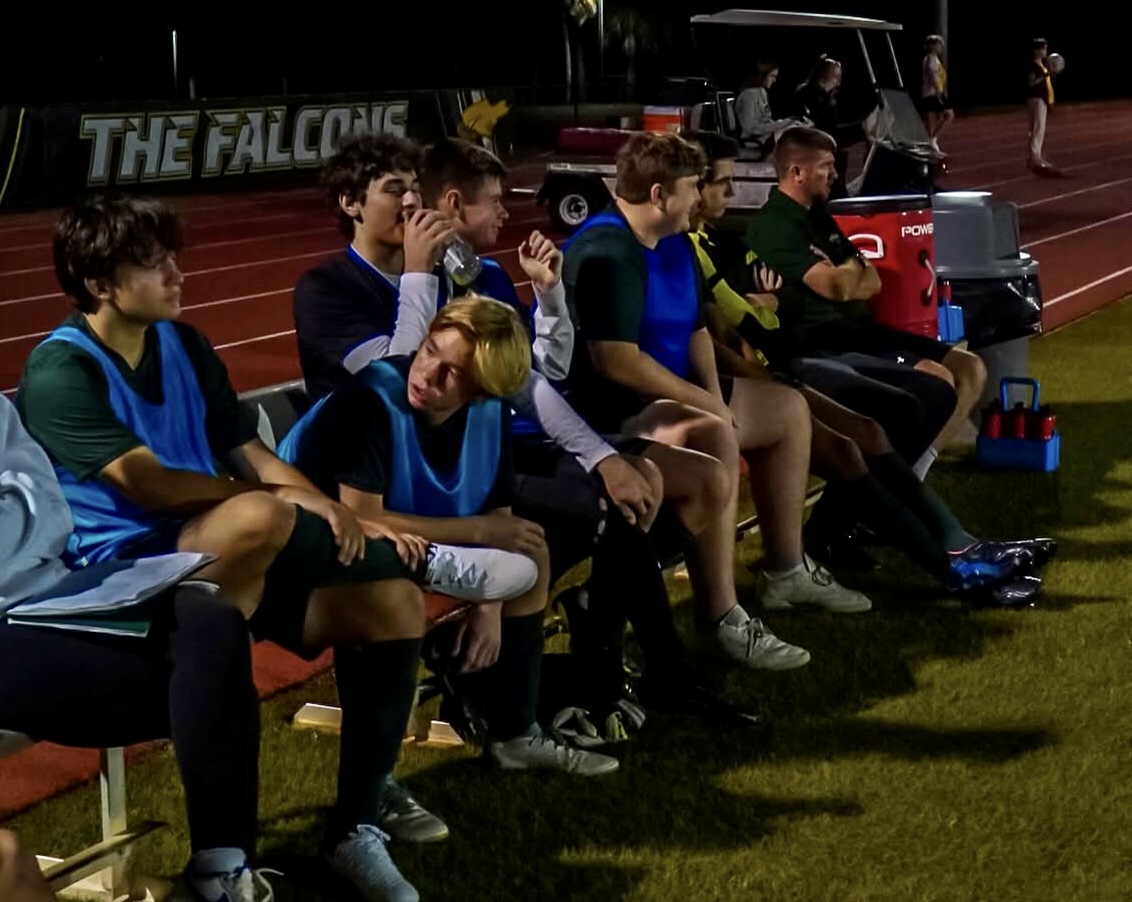
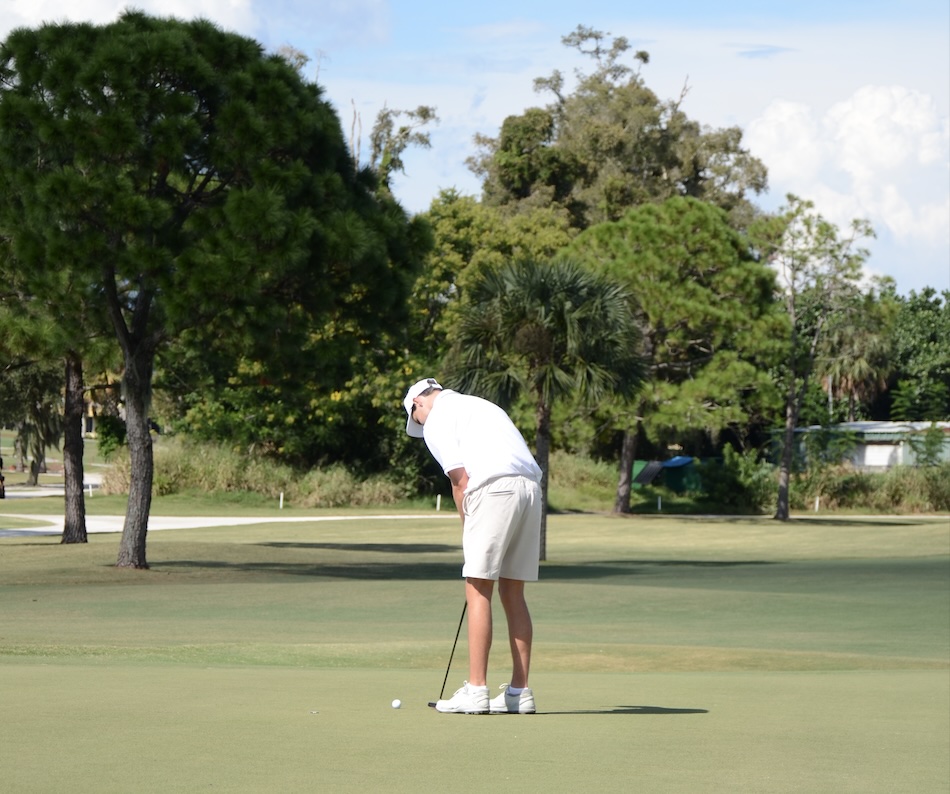
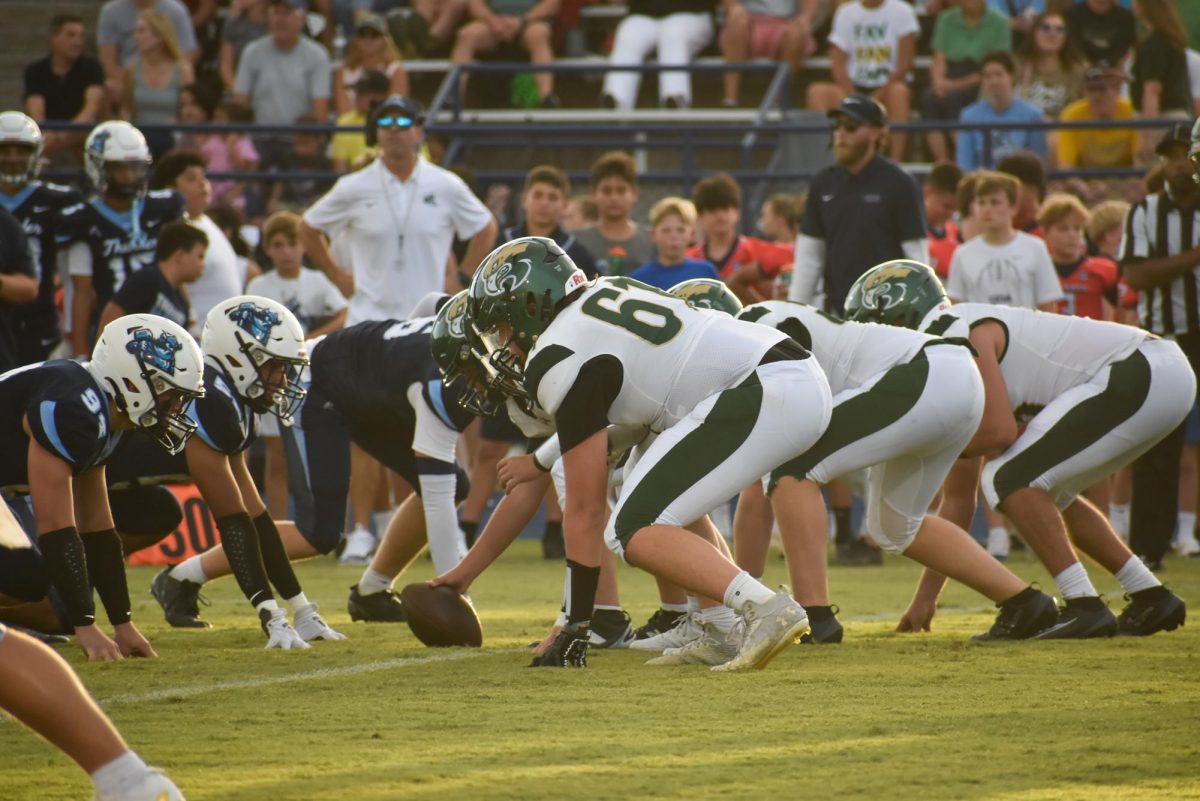
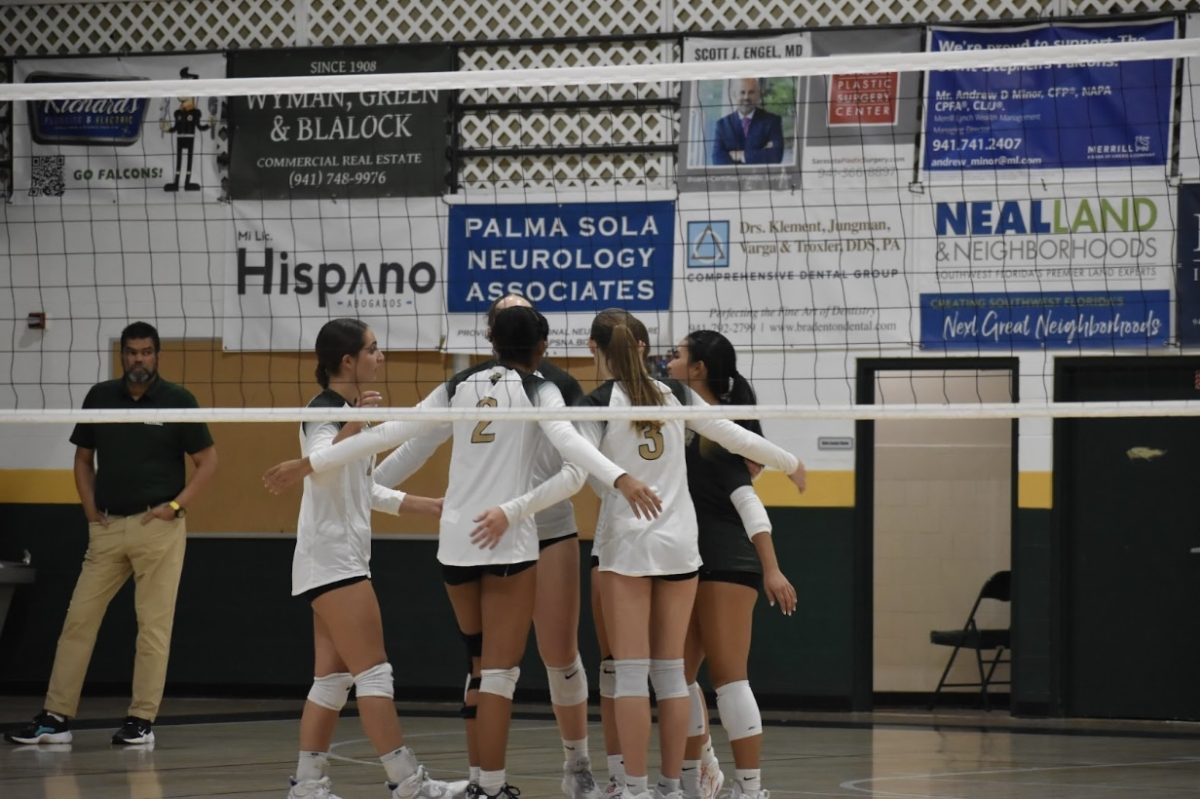
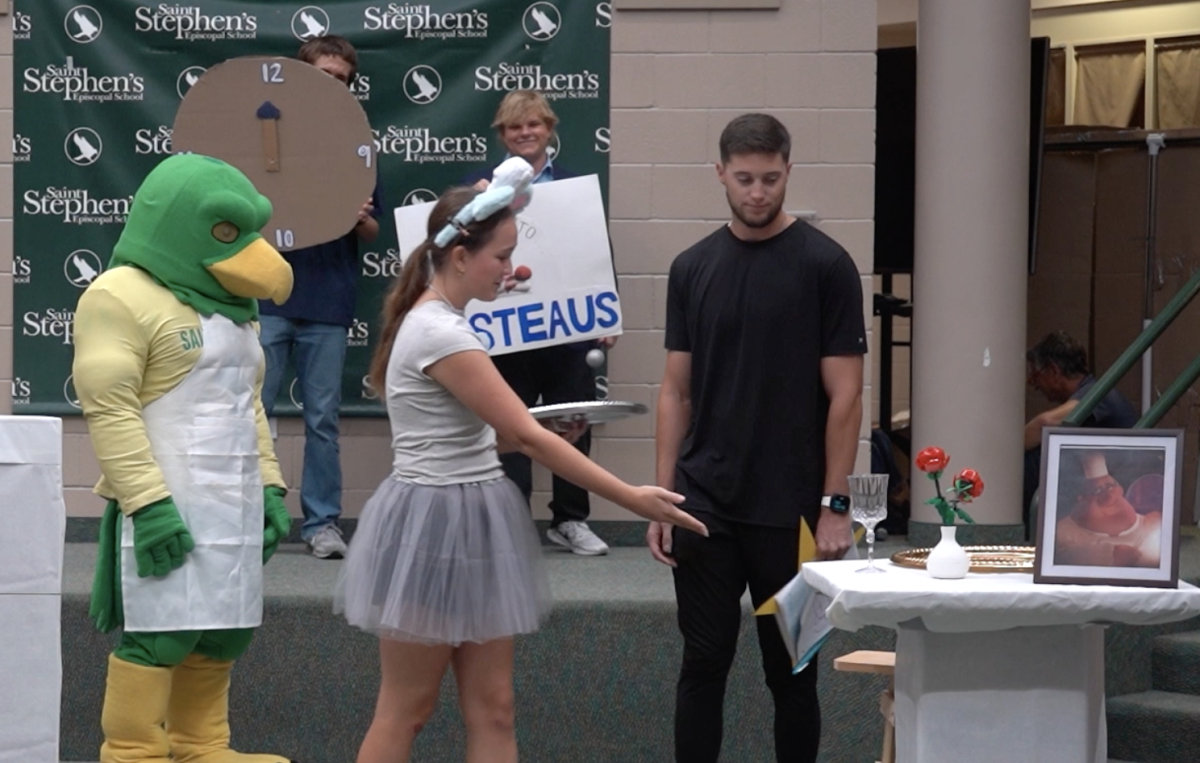
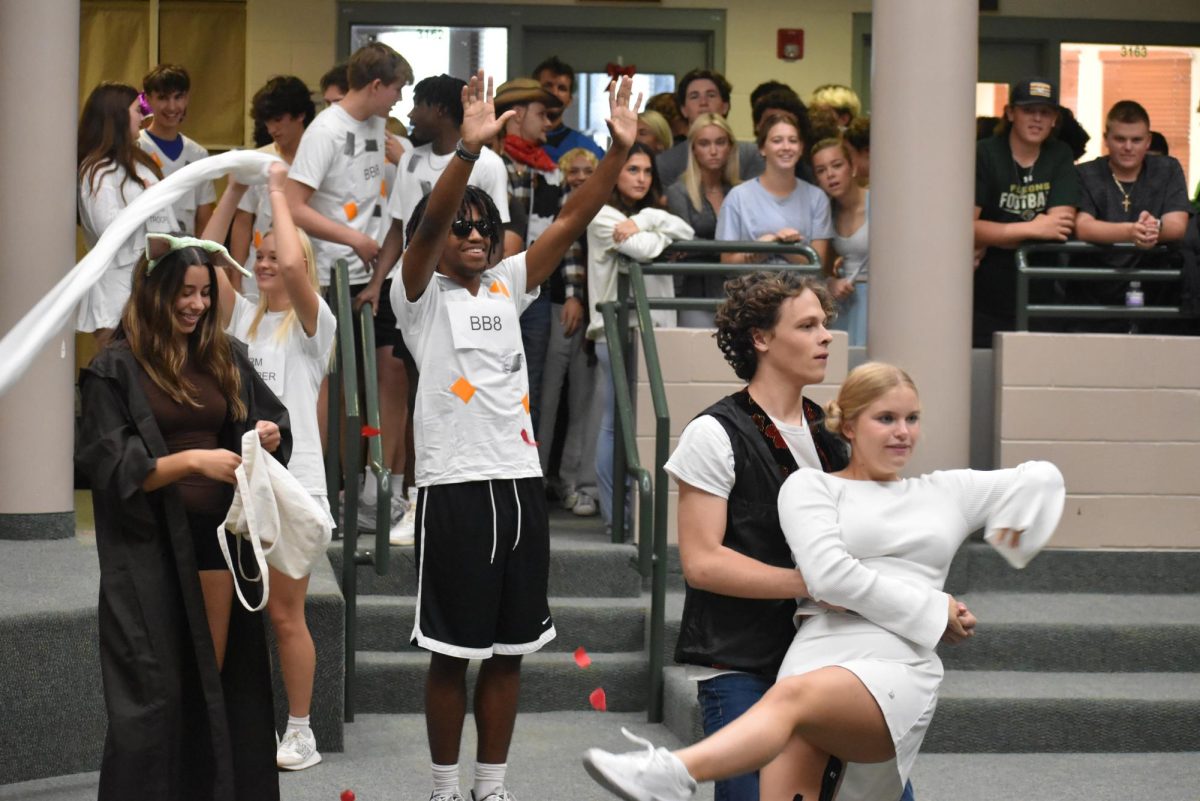


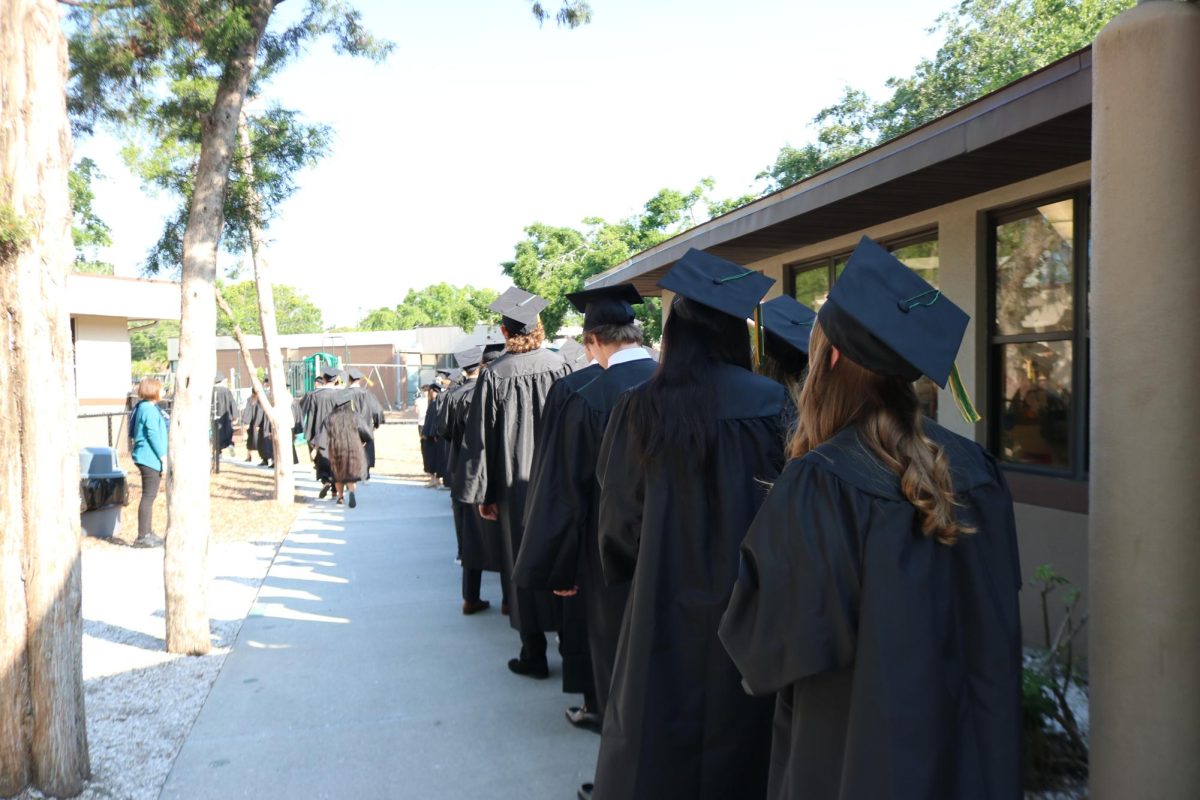






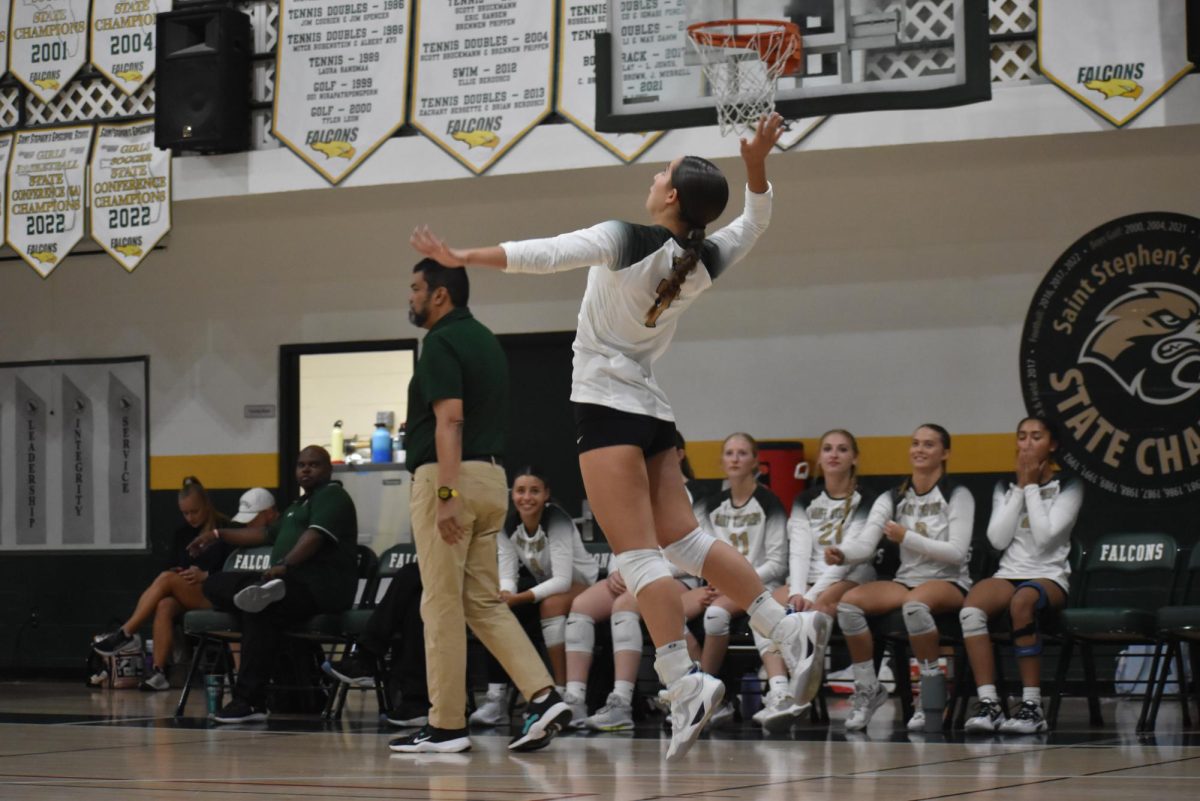



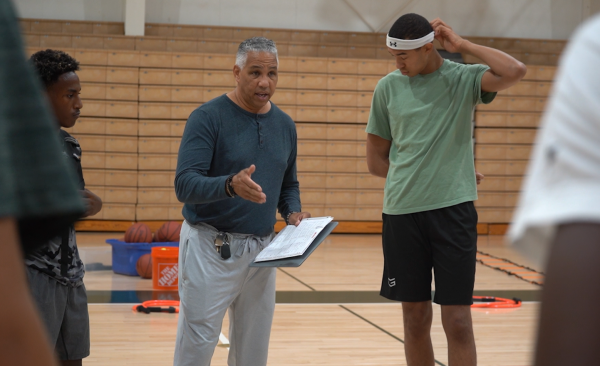
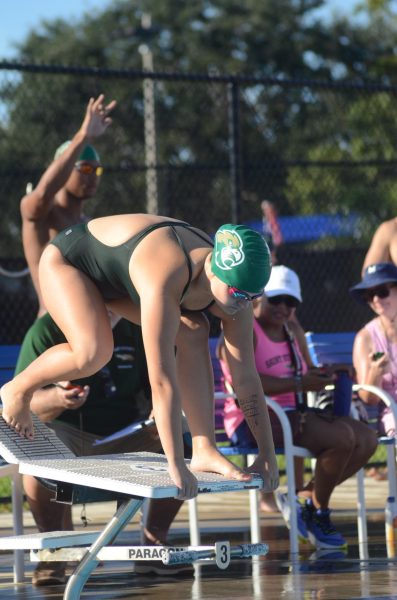
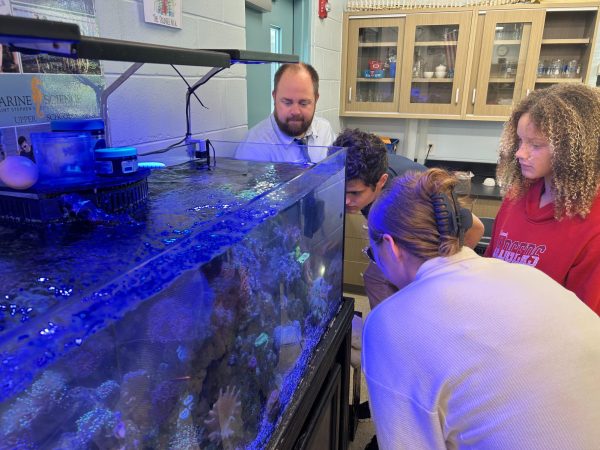
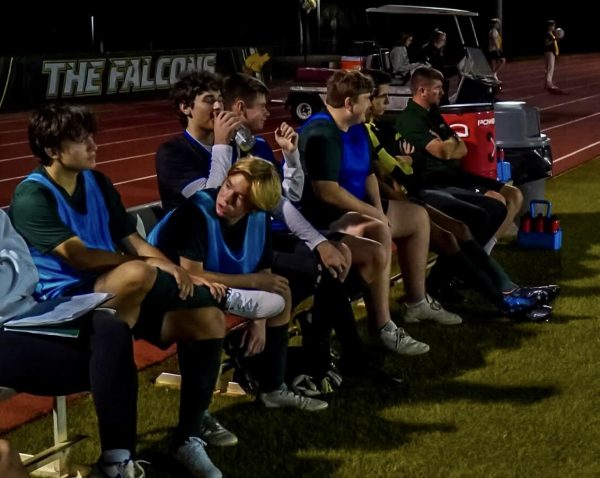
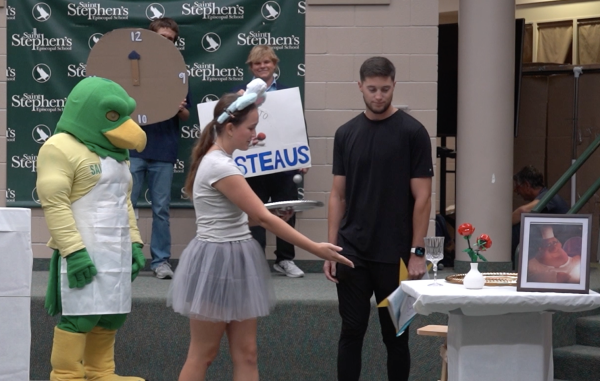
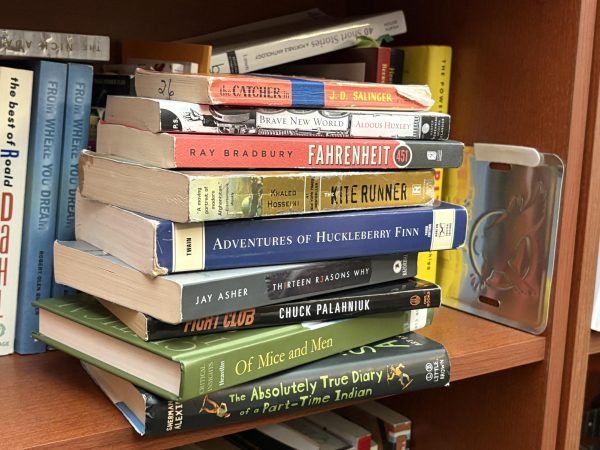
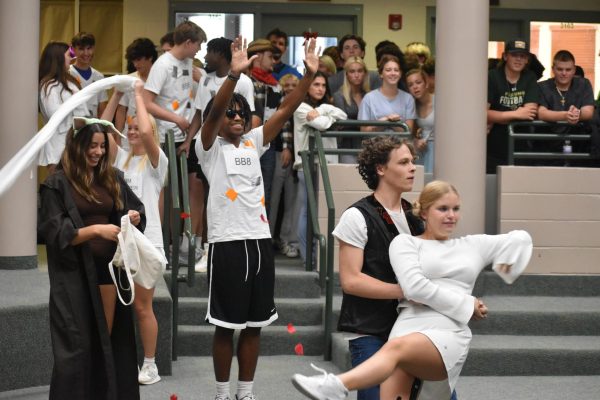
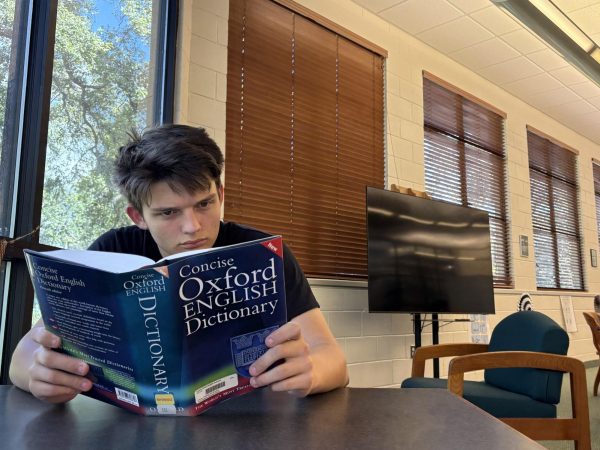
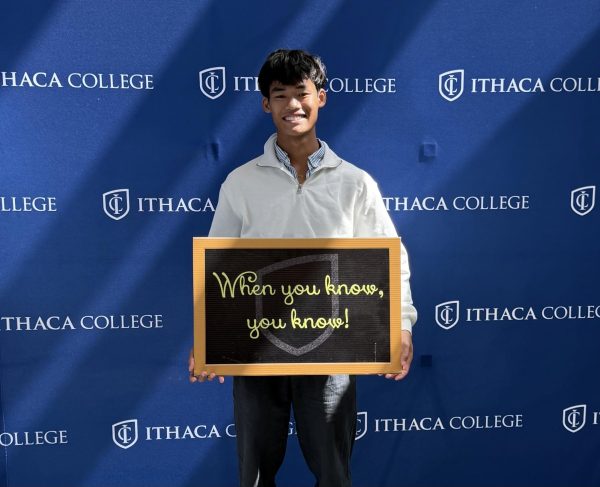
Noah LaBelle • Mar 11, 2019 at 11:44 am
This is a really good well written article. And I agree with it. Being a student athlete is very difficult